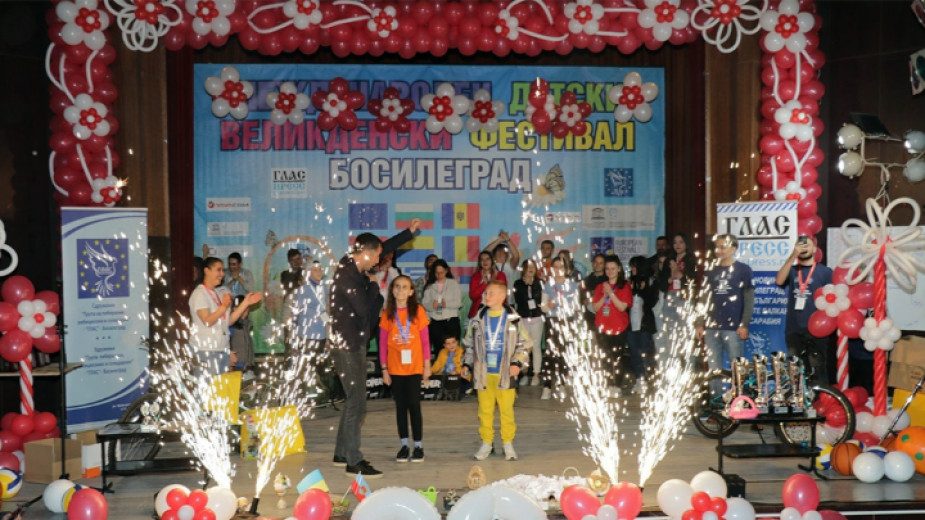 7
7
The symbol of Easter - the egg dyed in red or other colors has also become a symbol of Bosilegrad. The Serbian town, just a stone's throw from the border with Bulgaria, is inhabited mainly by ethnic Bulgarians, who have been organizing the Children's Easter Festival for more than 30 years. Everything revolves around the "fights" with dyed eggs, as the strongest is declared the winner.
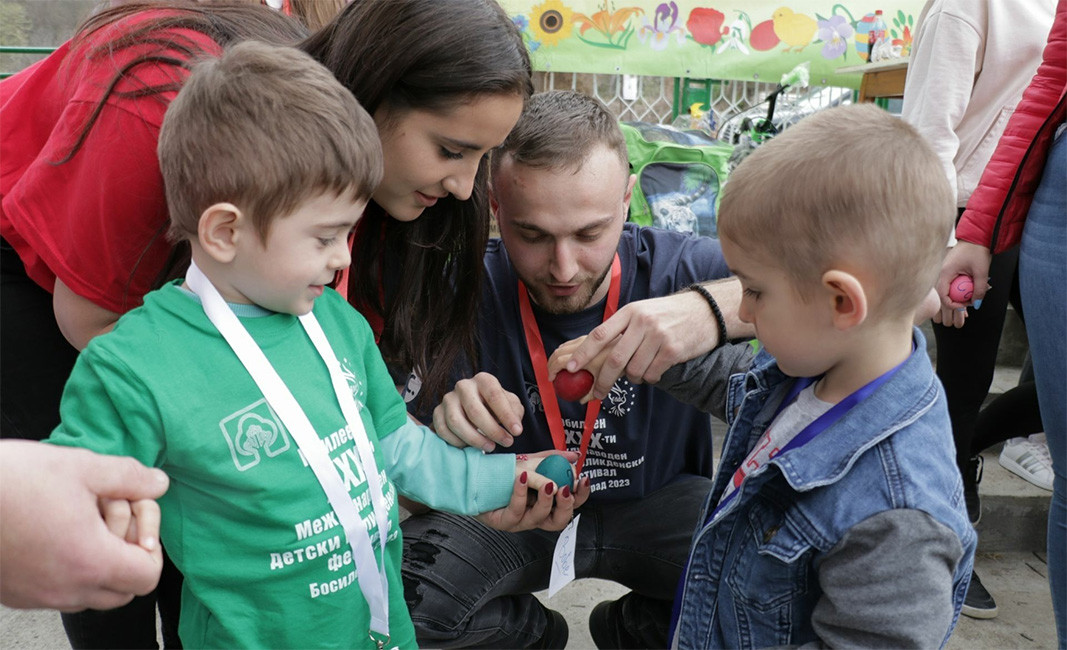
Easter in Bosilegrad brings great joy, especially for children and that is precisely why it attracts Bulgarians from near and far. The climax is on Easter Sunday when the egg games begin, but the festival has a firm place in the city's cultural program thanks to the variety of events under its umbrella. The symbolic start this year is on May 2, with the participation of visiting artists and creators from Bulgaria, as the program continues until Easter Tuesday, when the winner with the strongest Easter egg will be officially announced.
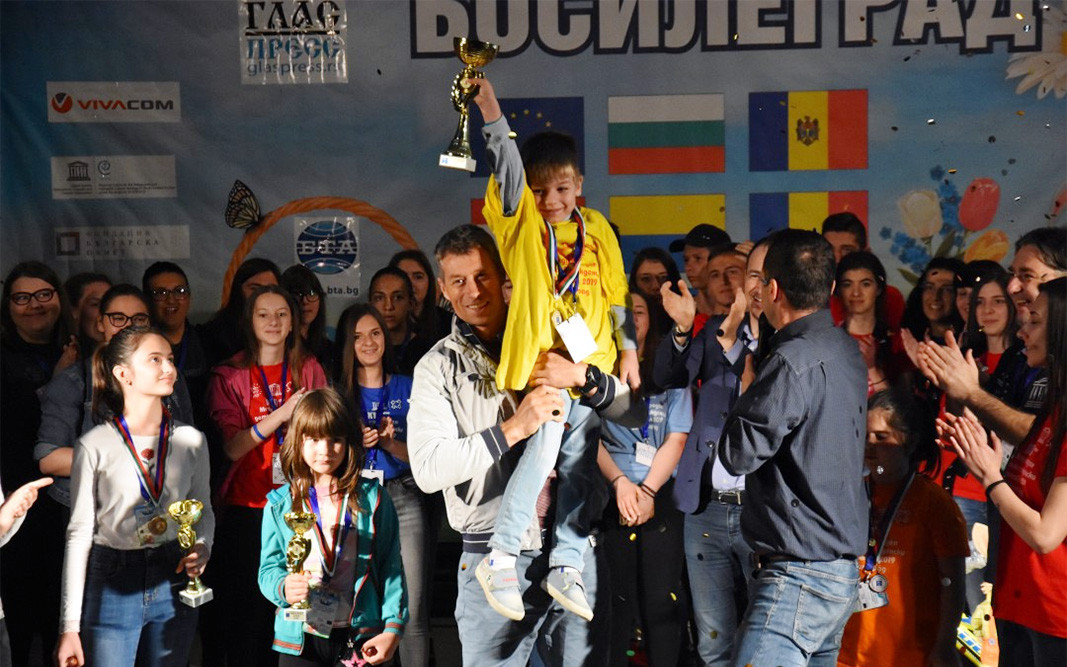
No one doubts the hospitality of the Bulgarians from Bosilegrad. The International Easter Children's Festival is similar to a small children's assembly, which gathers children from all Balkan countries. The organizers have done everything in order for the children to be able to travel thousands of kilometers. Alexander Dimitrov from Bosilegrad, in addition to arranging the festival program, maintains constant contacts with guests and partners abroad: "Now, after so many years, we can congratulate ourselves with success, as we established the festival the way we imagined it from the beginning," he says with pride in an interview with Radio Bulgaria.
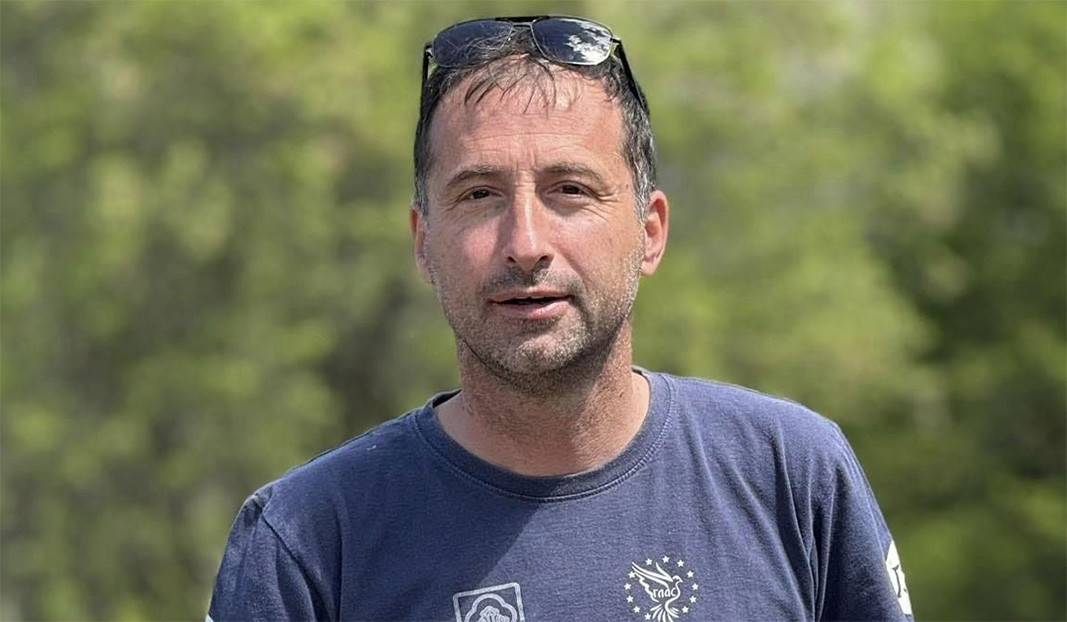
"Frankly speaking, after such an anniversary as last year's, when the Children's Festival gathered over 700 children, it is now very difficult to make its next edition. But again we willingly open our doors to welcome dear guests. And this year groups come from far away Bessarabia and from across Ukraine, which is very important for the children from there. In this way, we also try to empathize with them over the situation they are forced to live in. We have become so close to other Bulgarians from our diasporas abroad that our communication goes smoothly and this affects positively the organization of the festival. Everything is at a very good level, especially considering what Bosilegrad is in terms of resources and scale. We achieved everything with incredible faith and pure enthusiasm."
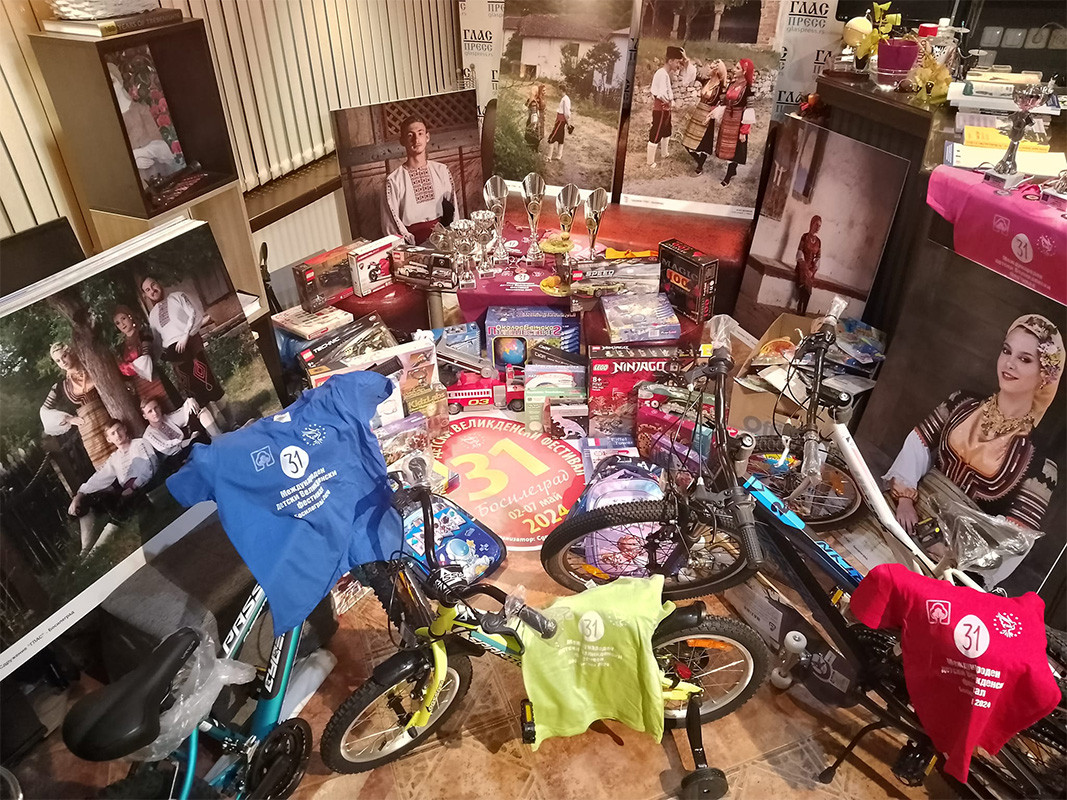
The Easter holidays in Bosilegrad have their own established format and the program always extends over 6 days. "I'm using this moment to invite all Bulgarians to come! If you're wondering where to take your children for Easter, come visit us! You won't regret it, I'm even sure you'll come again next year!” Alexander Dimitrov from Bosilegrad says:
"Last year we had a very interesting event - a photo plein air with the participation of three prominent photographers - Asen Velikov, Vihren Georgiev and Vladislav Chanev. The exhibition we are opening during the festival is from this plein air. It is entitled ‘Bosilegrad - before and now’.
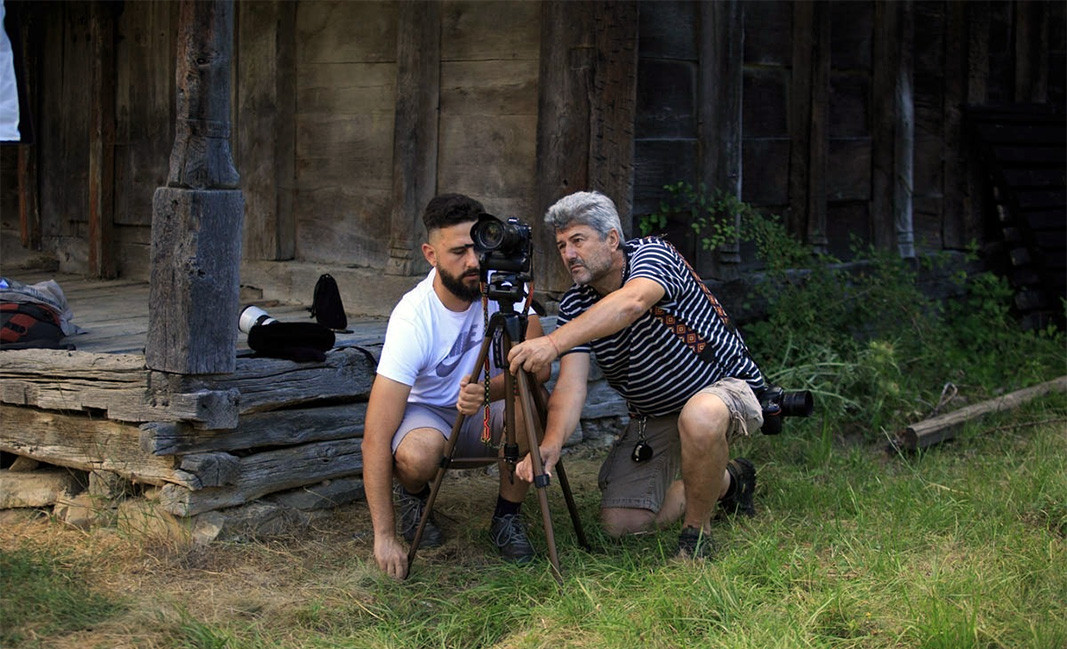
There are even ideas for the exhibition to travel to the capitals of different Balkan countries. It shows the beauty of the villages around Bosilegrad. The photos also include people dressed in typical local costumes. They gave life to the streets, the church, the school and the Bulgarian spirit and old traditions. The exhibition is a different look at this life from the three prominent Bulgarian photographers. This is the highlight of this year's cultural program. The egg fights start on Sunday. The final, however, is on Monday when 64 finalist eggs will get broken with an accompanying entertainment and musical program.
Author: Gergana Mancheva
Publication in English: Al. Markov
Photos: festival-bosilegrad.info, glaspress.rs, personal archive
The Bulgarian minority in Romania marked a significant event with the official opening of the Bulgarian Inn in the village of Izvoarele (Hanul Bilgarilor), Teleorman County (Southern Romania)- a locality with Bulgarian roots dating back over 200 years...
The 14th edition of DiVino.Taste, Bulgaria’s leading forum for wines and winemakers, will take place from 28 to 30 November at the Inter Expo Centre in Sofia. Over 80 producers from all wine regions will participate, offering tastings of around 600 of the..
Minutes before the second and final reading, at the parliamentary budget and finance committee, of the state budget for 2026, the leader of the biggest party represented in parliament GERB Boyko Borissov halted the procedure and sent the draft bill..

+359 2 9336 661
